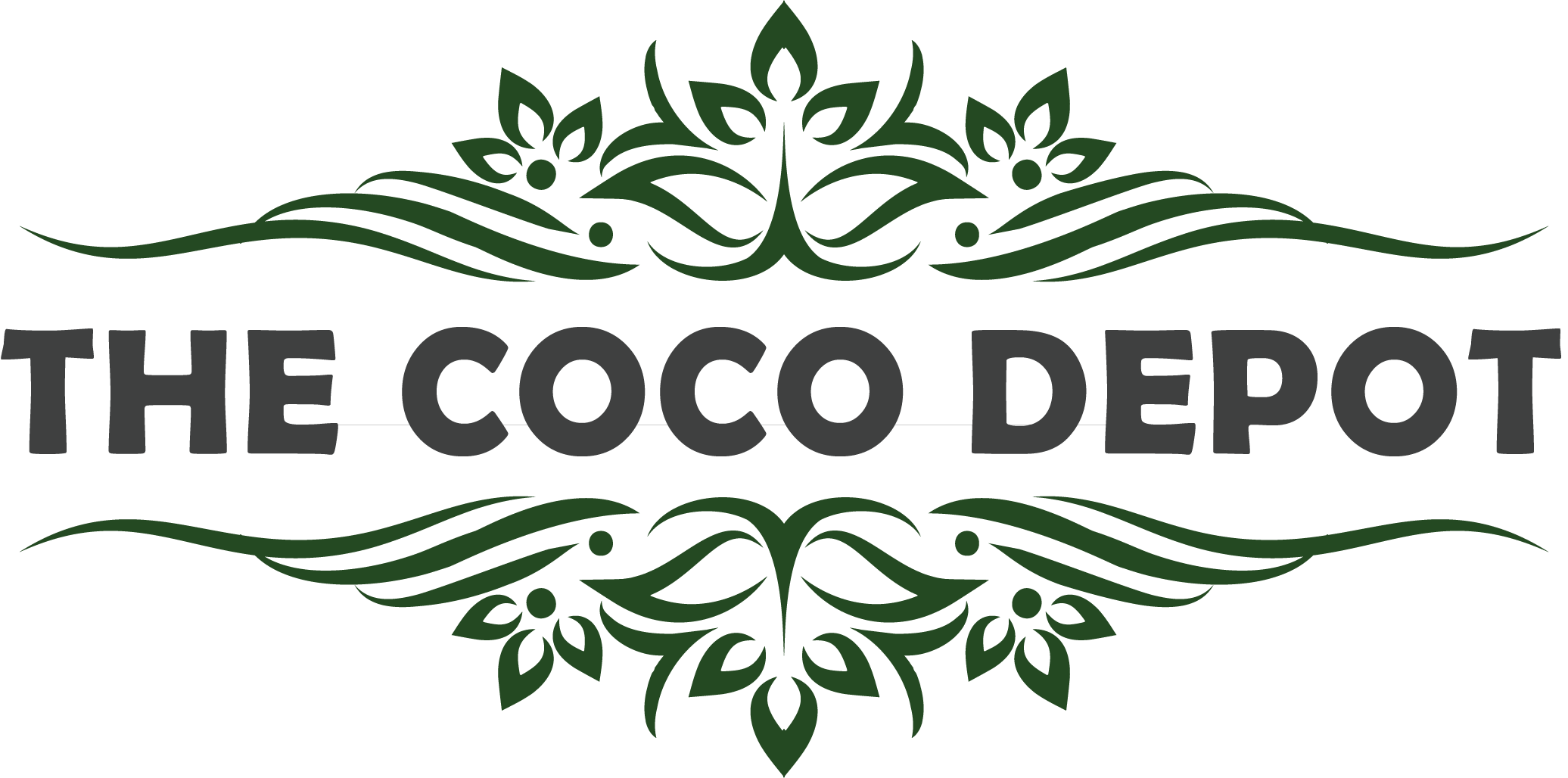In recent years, coco coir has become one of the most preferred substrates for growers of high-value specialty crops. Made from coconut husk fiber, coco coir is a natural, sustainable, and cost-effective alternative to traditional growing mediums. Its unique properties, particularly when processed with precision, can significantly influence the speed, yield, and overall success of horticultural operations.
At the heart of effective crop production is the quality of the substrate. Beyond water quality, it is the texture, porosity, and water-holding capacity of coco coir that largely determine how well plants will perform.
The Importance of Substrate Texture and Particle Size
For growers, a predictable and uniform dry down cycle is critical. This balance can only be achieved with a well-textured coco coir that avoids extremes in particle size.
- Excessively fine pith can lead to compaction, poor drainage, and "muddying" of the medium.
- Overly large chips create irregularities, producing air pockets that store excess water rather than beneficial oxygen.
The ideal solution is a consistent particle size blend, which ensures proper aeration, efficient drainage, and steady water-holding capacity. With this balance, growers can more effectively manage crop calendars, transplanting schedules, and irrigation cycles, all of which are vital for maximizing productivity.
Low Salt Concentration: A Key Quality Marker
Another crucial factor in determining the quality of coco coir is its salt concentration.
Some lower cost coir products are made from salty batches that require extensive rinsing, flushing, and repeated treatments, consuming additional water, nutrients, labor, and time. Even with pre-washing, residual salt may remain locked in the coir’s cellular structure, releasing weeks or months later and affecting plant health.
Using low-salinity, premium grade coco coir ensures a stable, clean growing environment from the very start, helping growers achieve consistent results while reducing inputs.
Durability and Reusability of Coco Coir
High-quality coco coir is also valued for its resilience and longevity. Unlike poor-quality alternatives that decompose rapidly under repeated exposure to acidic fertilizers, well-processed coir maintains its structure across multiple crop cycles.
This durability is especially beneficial for:
- Berry growers and other high value crop producers who reuse containers across cycles.
- Mother plants and nursery plants that may remain in the same substrate for extended periods.
A stable root zone that resists compaction or decomposition helps ensure healthy root development and long-term plant vitality.
Environmental Benefits
Choosing premium-grade coco coir isn’t just about performance, it’s also about sustainability. As a renewable, biodegradable material, coco coir reduces the reliance on environmentally damaging alternatives such as peat moss. By investing in high-quality coir, growers are also contributing to a greener and more sustainable agricultural future.
Conclusion
The success of any horticultural operation depends on the quality of the substrate, and coco coir has proven itself to be a superior choice for specialty crop production. By providing the right texture, low salinity, durability, and environmental benefits, premium-grade coco coir helps growers achieve higher yields, healthier crops, and more efficient production cycles.
Choose Coco Depot’s high-quality coco coir to ensure consistent results, maximize efficiency, and embrace the future of sustainable cultivation.
Visit The Coco Depot – Home of Premium Coco Products to explore the best coco coir solutions for your farming needs.

